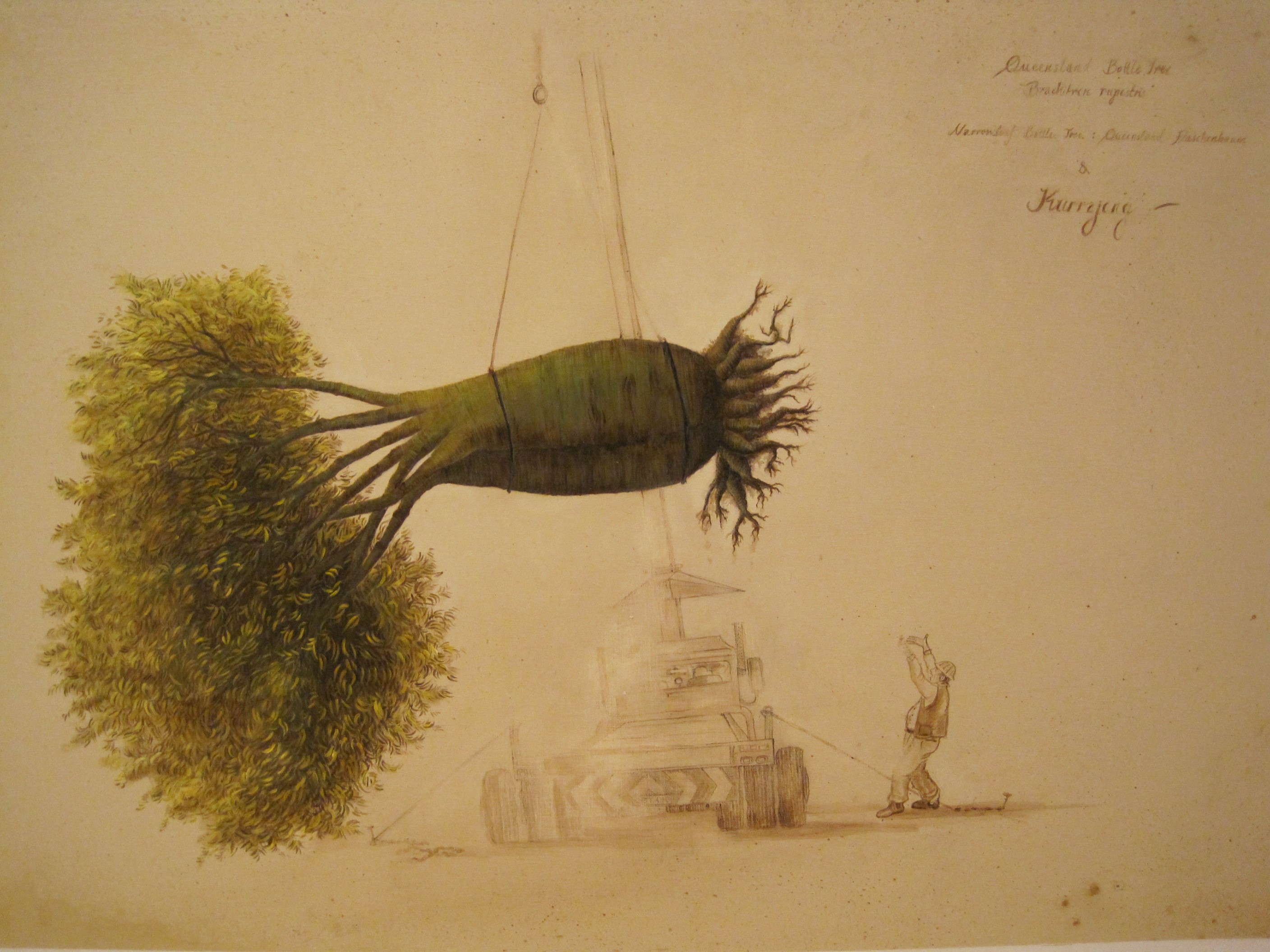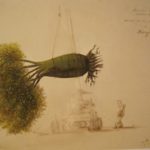
22 May Environmental Writing Symposium
Environmental writing: creativity and social efficacy
Event Details:
Date: Thursday, 7 June 2018
Time: 9 am – 5 pm
Venue:
William Macmahon Ball Theatre
Old Arts Building
University of Melbourne
Parkville 3000
Enquiries:
Dr Amanda Johnson: amandaj@unimelb.edu.au
Dr Saskia Beudel: Saskia.Beudel@canberra.edu.au
Bookings:
Bookings are essential for this free symposium.
Register at http://alumni.online.unimelb.edu.au/creative
Over the course of its history, literature concerned with relations between landscape, selfhood, nature and ethics, often referred to as nature writing, has resulted in tangible outcomes. John Muir’s late nineteenth century celebratory essays on the Sierra Nevada Mountains influenced Theodore Roosevelt to place the Yosemite Valley under federal protection. Aldo Leopold promoted an influential ‘land ethic’. Rachel Carson’s Silent Spring led to the establishment of the Environmental Protection Agency and the banning of synthetic pesticides. Thoreau’s writings are commonly understood to have founded the modern environmental movement. Yet many writers concerned with environmental issues are equally concerned to protect their writing from what author Robert Macfarlane calls an ‘instrumentalising view’. Such a view ‘subdues literature to a single end and presupposes a simplistic model of consequence: that Cultural Action A leads to Political Outcome B’. As Rebecca Solnit notes, transformation instead ‘comes about as much because of pervasive changes in the depths of the collective imagination as because of visible acts’. How do writers navigate this tension between tangible outcomes and imaginative change? And between, on the one hand, engaging with pressing socioenvironmental concerns and maintaining an open-ended, non-prescriptive and nondidactic creative practice? On the other hand, though activist literature can be an ill- or under-defined category, with some texts confined to representations of activism, some writers move past the text as ethical expression of human accountability to the environment in favour of a more openly didactic, activist or outcomes driven component in their work (think, perhaps, of the Dark Mountain Project, again of Carson’s Silent Spring, the works of Bill McKibbon). This symposium explores the praxis of storytelling during our time of human-induced global environmental change.
Image by A. Frances Johnson.




No Comments